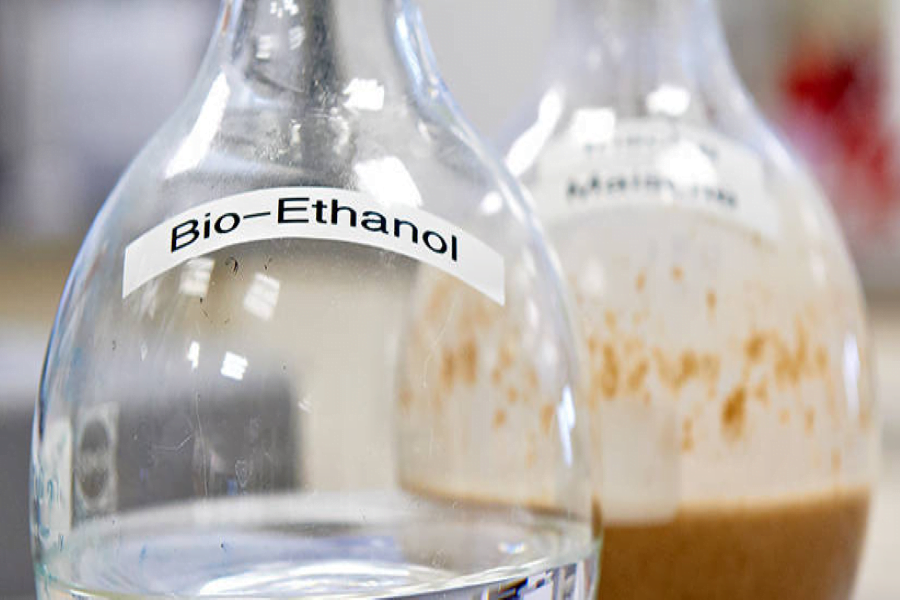Press Release
Food and fuel not in competition
Berlin, 9 January 2023: In light of renewed calls by the Federal Minister of Food and Agriculture, Cem Özdemir, to abandon biofuels from cultivated biomass, the German Bioethanol Industry Association (Bundesverband der deutschen Bioethanolwirtschaft – BDBe) would like to underscore that the Federal Minister’s claim that food and fuel are in competition with one another is off the mark. “Since the animal feed grain used for domestic bioethanol production is not qualitatively suitable for human consumption, Minister Özdemir’s statement must be considered misleading. In fact, every tonne of bioethanol simultaneously produces roughly one tonne of high-quality, protein-rich animal feed. This reduces Germany’s dependence on imports of animal feed from overseas and at the same time increases domestic food security,” said Norbert Schindler, Chairman of the BDBe.
At the same time, blending bioethanol with petrol reduces carbon dioxide emissions in the transport sector by about 3 million tonnes per year. “Biofuels are currently the only effective way to lower greenhouse gas emissions in the transport sector and will continue to be in the coming years. More than 45 million passenger cars with combustion engines that will still be on German roads after 2030 can only be defossilized with renewable fuels,” remarked Schindler about the importance of biofuels.
The BDBe’s view is that it is not enough to rely solely on the market ramp-up of e-mobility to achieve the climate targets in the transport sector as this can only help reduce CO2 in the long term. In the medium term, there is not enough climate-friendly electricity or e-vehicles. Without alternative fuels, it will not be possible to achieve the climate targets in the transport sector in the years to come. “Instead of new scenarios to ban the use of sustainable biofuels, the German government should present a realistic roadmap for how the transport sector can become less dependent on fossil energy – especially fuels,” emphasizes the BDBe Chairman. This would require the creation of a national fuel strategy with specific proposals, such as an increase in percentages of additives and the elimination of regulatory barriers for all types of renewable fuels.
Schindler also stresses that the side effect of the Federal Agriculture Minister’s position will weaken the sustainability efforts and resilience of other sectors like industry. “Ethanol is also used as a basic chemical throughout Europe and is no longer produced from fossil sources for this purpose. It is therefore also a fundamental component of the supply and production chains of the domestic pharmaceutical and chemical industries,” Schindler concluded.
The German Bioethanol Industry Association (BDBe) represents the interests of the biofuel sector’s member companies and associations, spanning agricultural production of the raw materials all the way to industrial production and processing of bioethanol and all by-products. Co-products include DDGS, CDS, biogenic carbonic acid, gluten, yeast, biomethane and organic fertilizers. For fuel uses, beverages and food or the chemical industry, bioethanol with different classifications is produced from feed grain, sugar beet or biogenic waste and residues. In Germany, the types of petrol currently available at petrol stations contain between 5% and 10% certified sustainable bioethanol.

